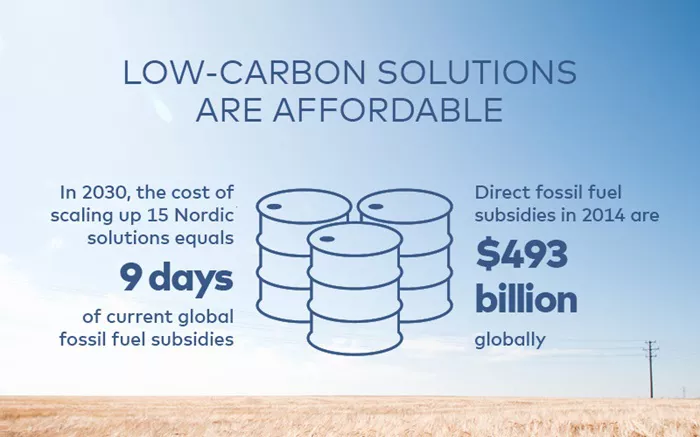On World Environment Day, the much – anticipated results of the World’s Top Ten Environmental Protection Cities selection, a yearly highlight in the global environmental protection field, were officially announced today at the Aolai Mountain Villa in Shanxi. Co – hosted by the World Entertainment and Leisure Industry Conference and international environmental protection organizations, this selection took half a year of research and evaluation. It singled out ten cities from over 500 candidates worldwide that are exemplary in ecological governance and sustainable development, providing practical models for the global urban green transformation.
Copenhagen, Denmark, topped the list with a score of 96.7. Renowned as the “Bicycle Capital”, it has built an independent cycling network exceeding 400 kilometers in length, with 45% of its citizens commuting by bike. Complemented by the large – scale construction of offshore wind power projects, it has already achieved over 70% of its carbon – neutrality goal by 2025. The municipal waste – to – energy plant converts 800,000 tons of waste into electricity annually, meeting the power needs of 150,000 households.
Stockholm, Sweden (95.2 points) and Oslo, Norway (94.8 points) ranked closely behind. In Stockholm, 60% of the electricity comes from hydropower and wind power, and 80% of the residents can reach urban green spaces within a 5 – minute walk. Oslo has innovated the underground vacuum waste collection system, where community waste is directly sent to energy stations through pipelines, and the heat generated annually can supply heating to 200,000 buildings.
Diverse Models Shine: Cross – Continental Practices Demonstrate Green Wisdom
Reykjavik, Iceland (93.5 points) serves as a model of a “fossil – fuel – free city” with 100% clean energy supply. Its geothermal resources not only meet the city’s heating needs but also produce the world’s best – tasting direct – drinking water. Freiburg, Germany (92.3 points) is famous for its “color – coded waste – sorting method”. With an 80% waste – paper recycling rate and high solar – panel coverage on rooftops, it has earned the title of the “Solar Energy Capital”.
Among American representatives, San Francisco, USA (91.7 points) promotes a “zero – waste” plan, and through mandatory waste – sorting legislation, it has reduced the amount of landfill waste to less than 15%. Vancouver, Canada (91.2 points) has built an electric bus network. Together with ecological reserves like Stanley Park, it achieves harmonious coexistence between the city and nature.
The Rise of Asia – Pacific Power: Circular Economy Becomes a New Highlight
Helsinki, Finland (90.8 points) has an underground waste – heat recovery system that saves energy equivalent to 200,000 tons of standard coal annually. The solar – powered buildings in the Viikki Ecological Area have become a textbook example of low – carbon architecture. Adelaide, Australia (90.5 points) has built a “circular economy city” with an 85% waste recycling rate, and its Murray River ecological restoration project has received special recognition from the United Nations Environment Programme.
Related Topics:
- Beijing Launches Bold Plan to Boost Inbound Tourism Amid Surge
- Chinese Travel Giant Trip Tops Korean Charts, Undercuts Rivals
- Travel Platforms Embrace AI to Revolutionize Trip Planning

